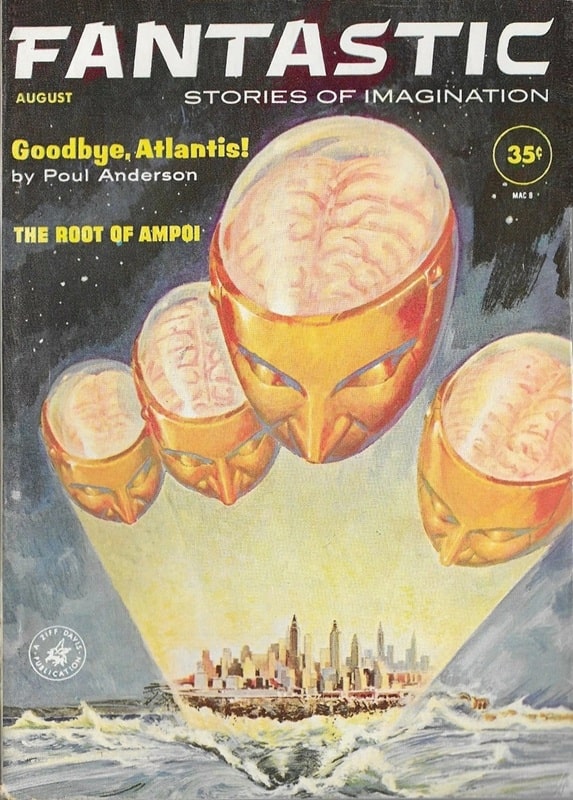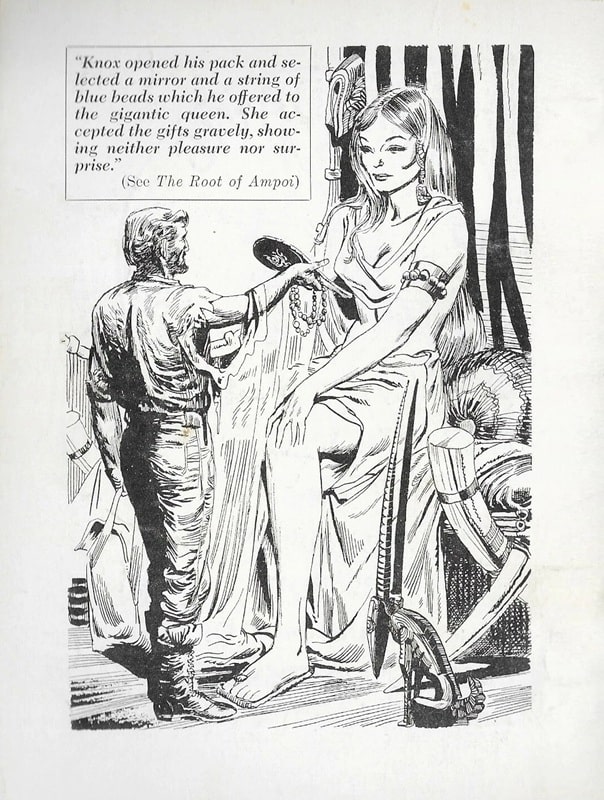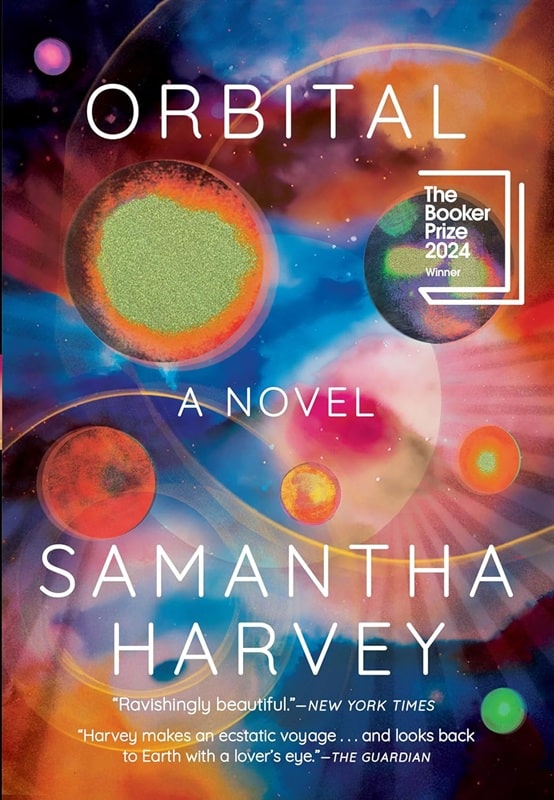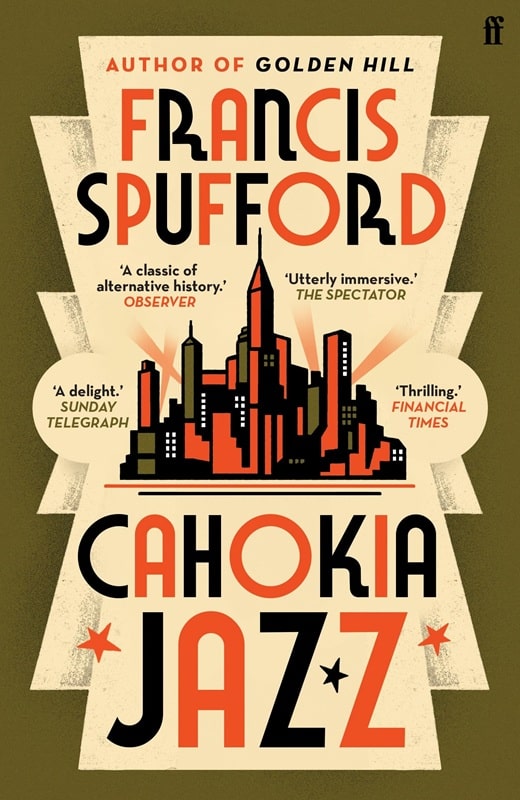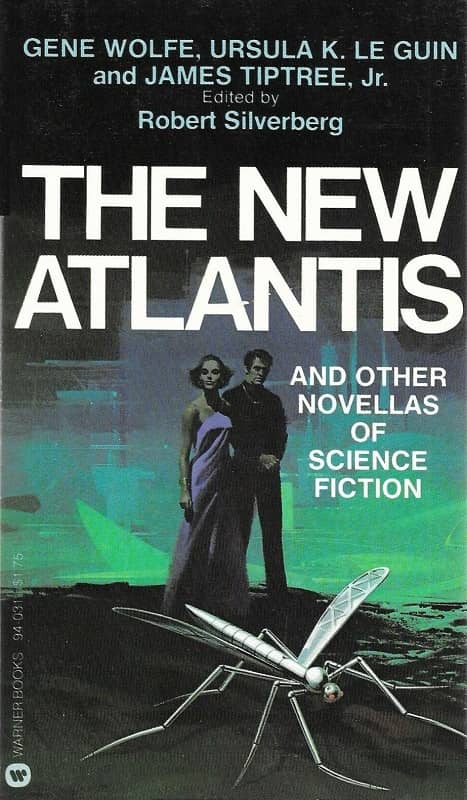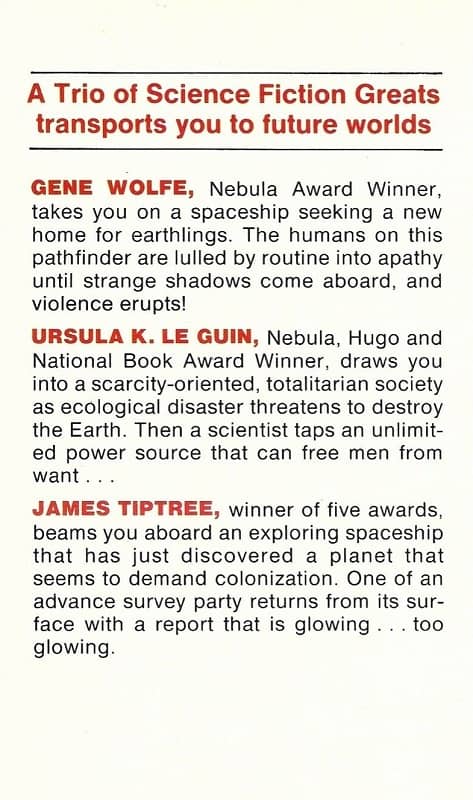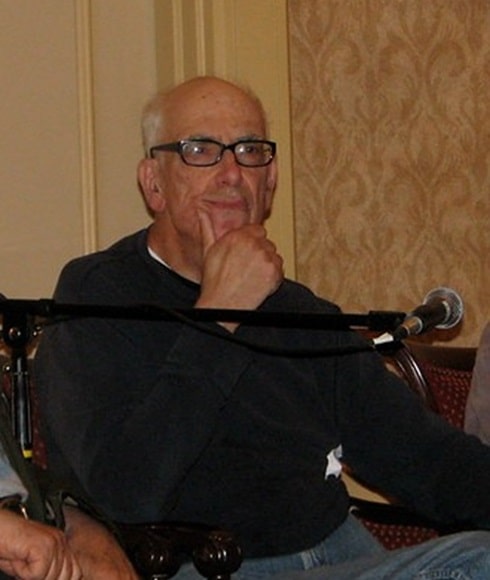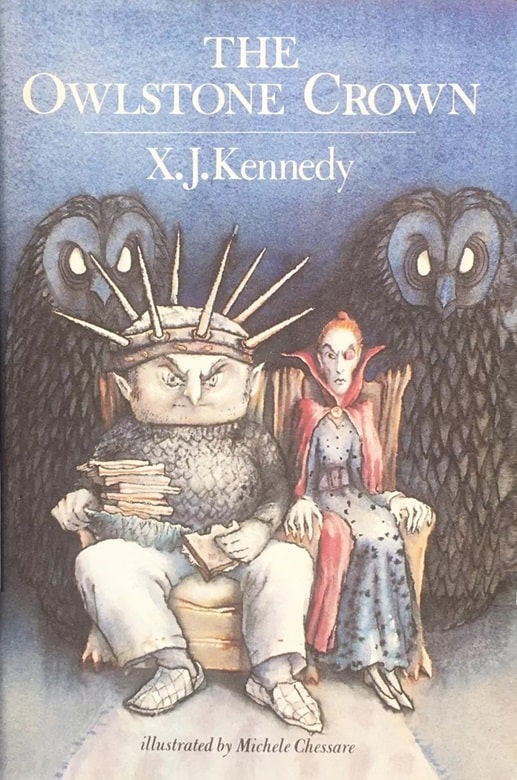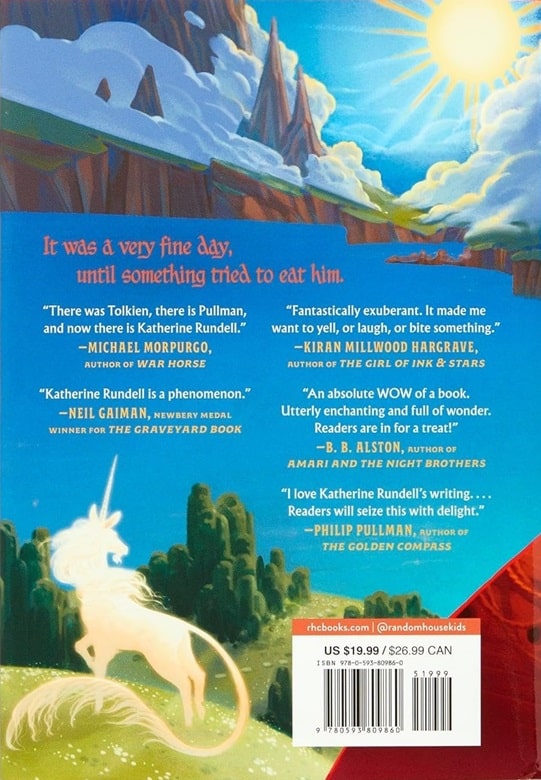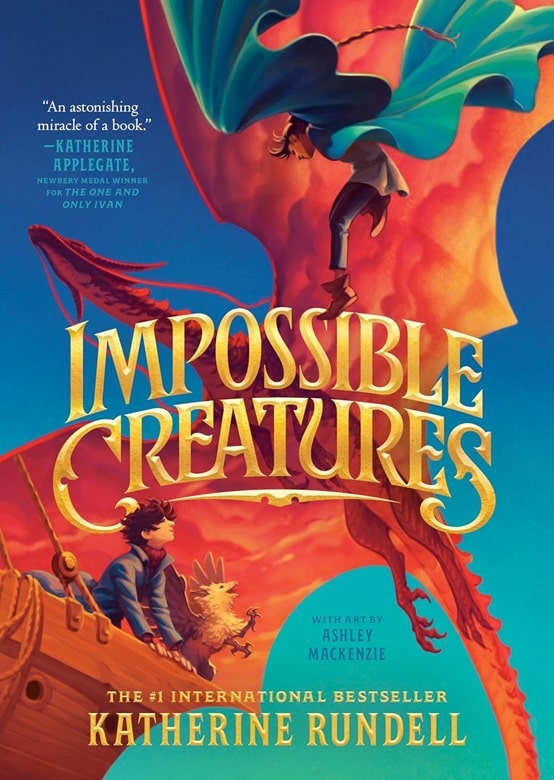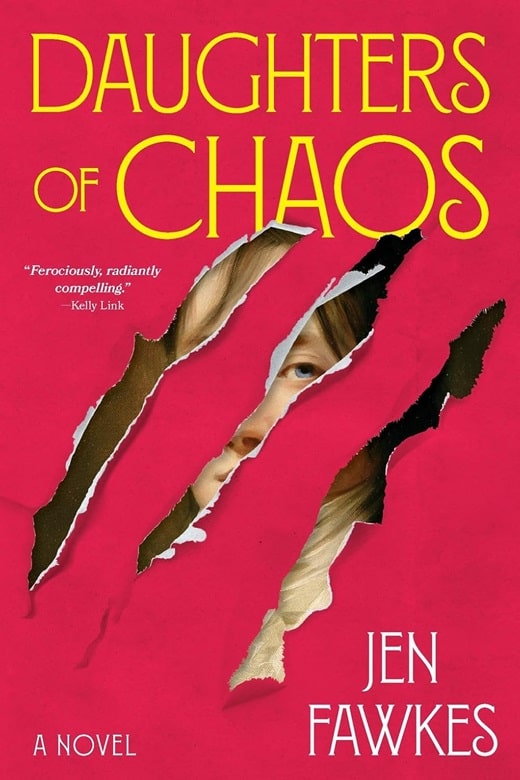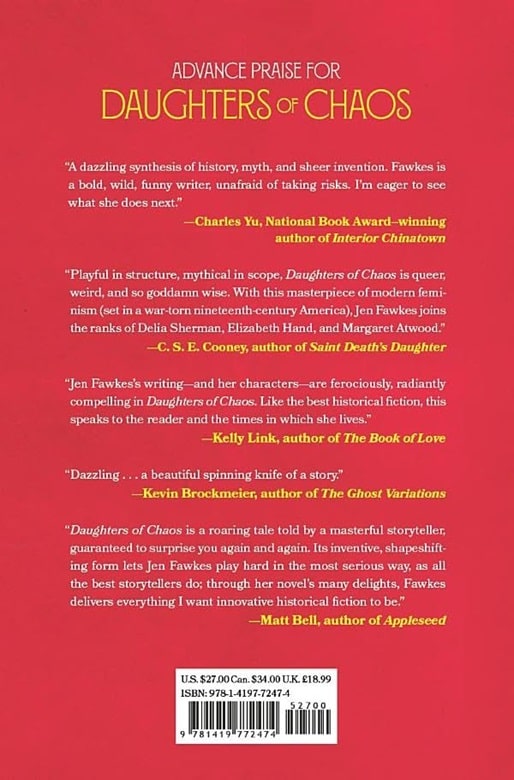An Original Ballantine Adult Fantasy: The Children of Llyr by Evangeline Walton
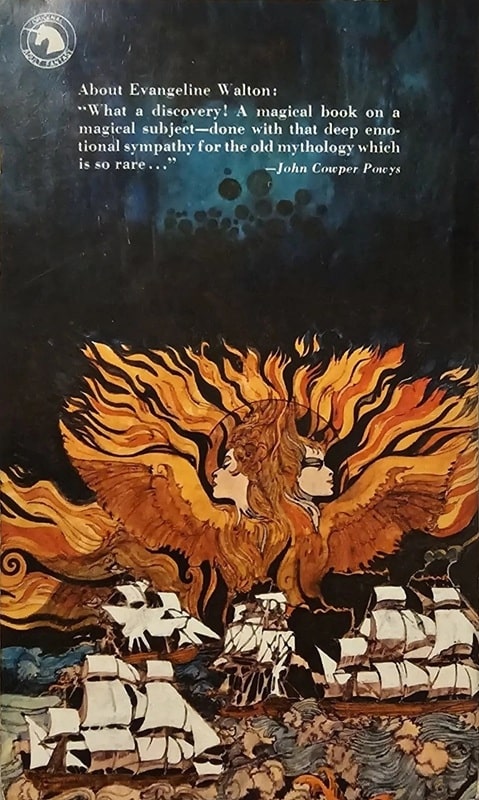 |
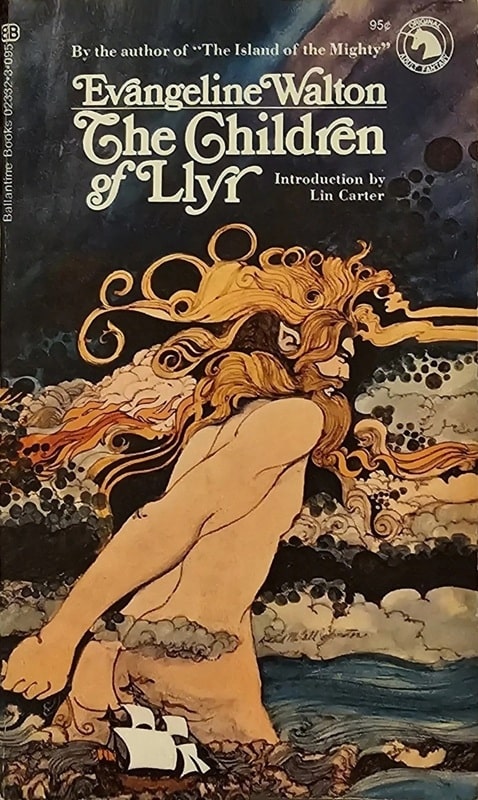 |
The Children of Llyr (Ballantine Adult Fantasy #33, August 1971). Cover by David Johnston
This latest entry in my series of essays about mostly obscure SF and Fantasy from the ’70s and ’80s looks at a novel published in one of the most celebrated publishing series of the early ’70s. This was the Ballantine Adult Fantasy series, which ran from 1969 to 1974, under the editorship of Betty Ballantine, with the assistance of “Editorial Consultant” Lin Carter.
I’ve discussed Carter’s work before, and I subscribe to the more or less standard view that he was not a very good writer of fiction, but that his contributions to the field as an editor (or “consultant”) were tremendous. And nowhere more so than in this series of books — though Ballantine’s oversight was also important.
The first volume was The Blue Star, by Fletcher Pratt, a reprint of a 1952 novel. The final official Ballantine Adult Fantasy publication was #65, Over the Hills and Far Away, by Lord Dunsany.


